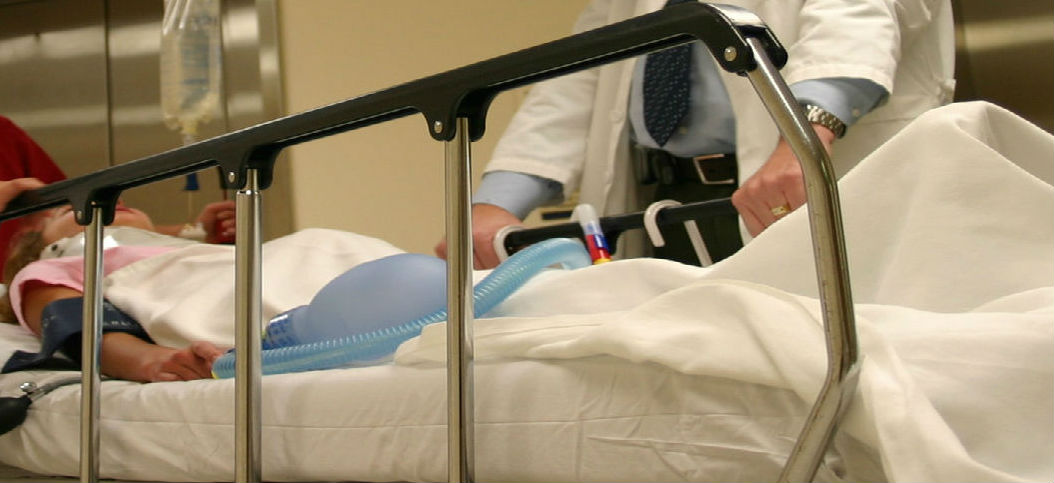
The grades are in and it appears there are plenty of hospitals that, when it comes to preventing serious medical errors, have much important work to do! The Leapfrog Group, a nonprofit watchdog organization focuses on improving the nation’s healthcare. Founded in 2000, it publishes patient safety grades for U.S. hospitals twice a year. It recently released its “Fall 2020” grades addressing how individual hospitals measured up to medical care benchmarks. Failure by hospitals in some cases meant patients were susceptible to serious errors.
Medical errors represent a significant and troubling preventable healthcare threat. According to the Leapfrog Group:
· As many as 440,000 people die in this country every year as a result of a medical error.
· One out of every 25 U.S. hospital patients suffers a serious hospital-acquired infection during their stay
· 1,000 people die every day from a preventable hospital error
The severity and frequency of medical errors in this country led the organization to publish its Hospital Safety Grades. The grades reflect a hospital’s efforts to protect patients from potentially fatal medical errors.
The grades range from “A” (highest) to “F” (failing). In this most recent report card, 35% of all hospitals received a “C,” while 7% were given a “D,” and 1% flunked when it came to preventing dangerous medical errors.
The Leapfrog website includes reports on 25 hospitals located within 25 miles of St. Louis, covering both the Missouri and Illinois sides of the Mississippi River. Two St. Louis-area hospitals received an “F” for patient safety. Another nine St. Louis-area hospitals earned only a “C” for preventing critical medical mistakes.
All hospitals are graded on how well they address several common but very serious medical errors.
Types of Serious Hospital-Acquired Infections
One avoidable medical error frequently cited is a hospital-acquired infection. Some of the life-threatening infections covered in the grading system are:
· Staph bacterial infections – such as Methicillin-resistant Staphylococcus aureus
· Blood infections
· Urinary tract infections
· Surgical site infections
According to Leapfrog, hospital safety practices require at a minimum these steps in preventing dangerous hospital-acquired infections:
· Practice regular hand washing by medical staff
· Proper and timely cleaning of hospital rooms and medical equipment
· Have and follow checklists for inserting central lines
Preventing Surgical Errors that Harm Patients
Surgical errors are another type of medical error included in the hospital report cards. Specific mistakes made during surgery could include:
· Surgical objects left in the patient’s body
· Preventable surgical wound infections
· Patient deaths from avoidable or unrecognized complications following surgery
· Dangerous blood clots that form from damage or injury during an operation
What do safe hospitals do to prevent serious surgical errors? According to Leapfrog some of those steps include:
· Following strict protocols for counting surgical tools in the operating room
· Closely monitoring surgical wounds to insure proper healing and that stitches are intact
· Proper communication between staff and post-operative treatment plans in place in the event a patient suffers complications following an operation
· Use of compression devices and blood thinners to prevent formation of blood clots
Hospitals should always provide the required standard of care for a patient’s condition. Anything less could be identified as a negligent failing effort, especially if the patient experiences harm as a result of that failure.
If you have had a family member die or suffer grave injuries during or following surgical treatment and you suspect a serious medical error was the reason why, you may want to contact a medical malpractice attorney about conducting a careful detailed investigation.
The choice of a lawyer is an important decision that should not be based solely on advertisements.
Authored by Gray Ritter Graham, posted in Blog January 14, 2021

 RSS Feed
RSS Feed